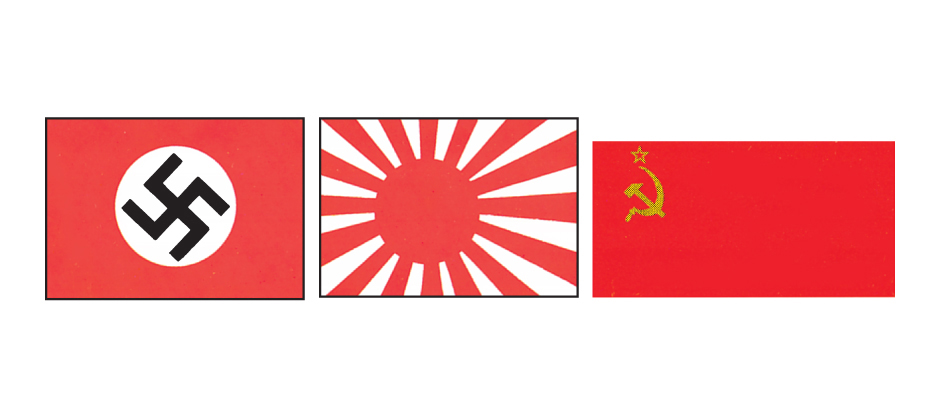Dictatorship is a form of government in which an individual, a committee, a political party, or a military group holds absolute political power. The term dictator originated in ancient Rome. The Roman Senate often appointed individuals as temporary “dictators.” These dictators had the authority to handle national emergencies without the approval of the people or the Senate. But the power of a Roman dictator lasted for only a brief, well-defined time. Today, many dictators hold power until their death or overthrow.
Dictatorship is similar to monarchy, another system of government in which the rulers at one time had few legal restrictions on their power. However, the two systems differ. Throughout history, most people have accepted monarchies as a form of government. Once established, monarchies tended to become hereditary. Most monarchs respected the established customs and institutions of countries they ruled. After the 1500’s and 1600’s, monarchs often shared power with other government officials and nobles. Dictatorships, on the other hand, generally lack the approval of the people and are rarely hereditary.
Most dictatorships are established through violence and force, and dictators must often use force to maintain their power. Thus, most dictators outlaw or limit basic freedoms, such as freedom of speech, assembly, and the press. Citizens of a dictatorship are not allowed to oppose government officials or policies. Many dictators forbid elections entirely. Others control elections to make certain that their own candidates are voted in. In spite of denying their citizens numerous basic freedoms, however, many dictatorships call themselves “people’s republics” or “people’s democracies.”

Some dictatorships develop after a country has been conquered by a foreign power. The Soviet Union controlled much of Eastern Europe following World War II (1939-1945) and established Communist dictatorships in Eastern European countries. A dictatorship may also take over a democratic nation during a period of crisis. The crisis may divide the government and limit its ability to maintain domestic order, security, and prosperity. In search of security and order, the people sometimes turn to powerful dictators. Dictators who came to power under such circumstances included Benito Mussolini of Italy in 1922, Adolf Hitler of Germany in 1933, Francisco Franco of Spain in 1939, and Augusto Pinochet of Chile in 1973.
See also Autocracy; Government.
